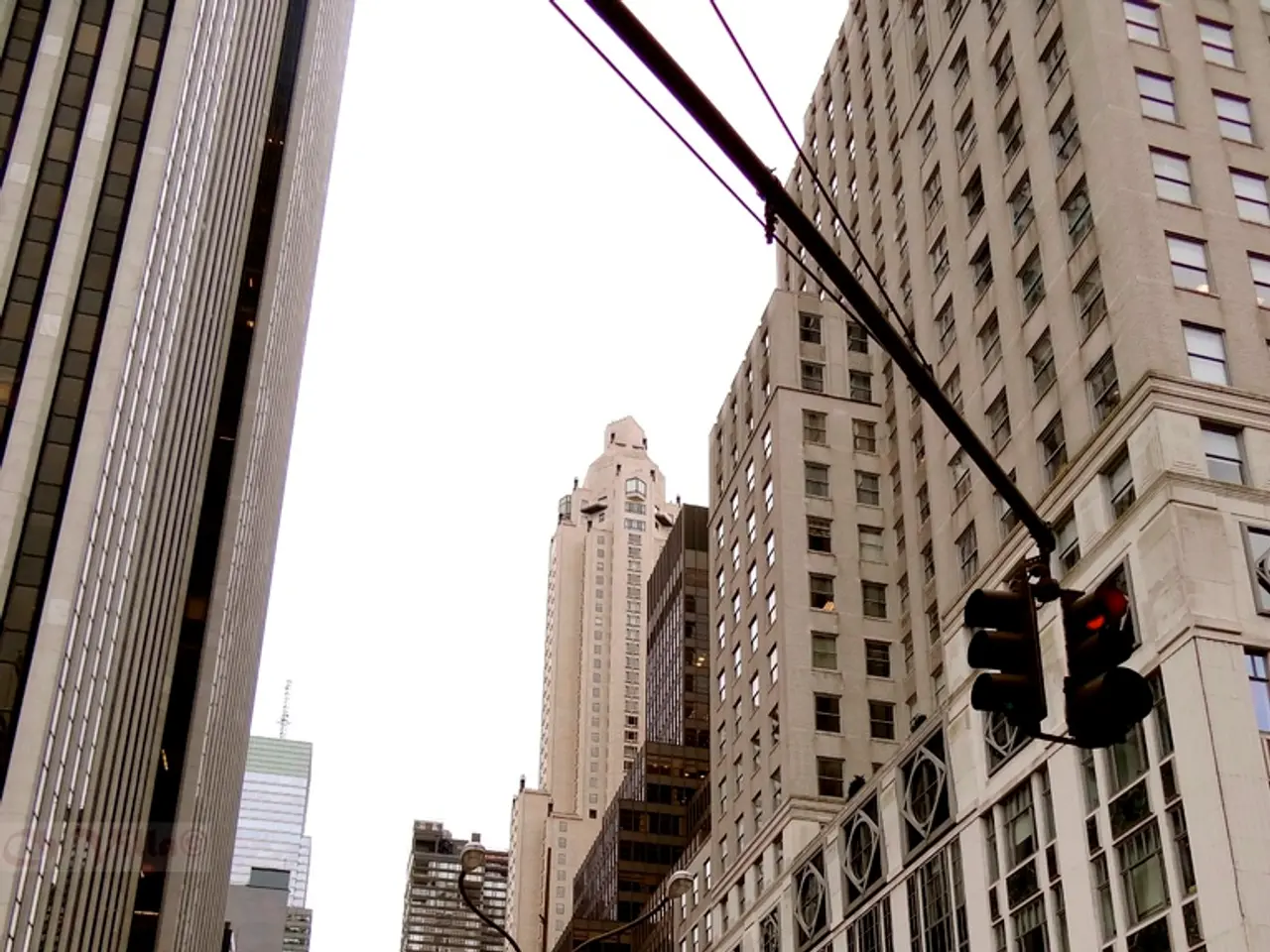Senate deliberations next week to remove duration restrictions
The Berlin Senate is set to make a decision next Tuesday regarding the repeal of 30 km/h zones on main traffic arteries. This decision comes after a review of the current speed limits on these streets, with the aim of improving traffic flow and responding to local conditions.
Currently, 41 main traffic arteries in Berlin have a 30 km/h speed limit to enhance air quality. However, the Senate is expected to lift the speed limit on up to 25 of these streets due to improved air quality. On the remaining nine streets, at least partially, the speed limit will remain due to reasons of traffic safety, such as near kindergartens or retirement homes.
The decision to lift or maintain the speed limits is not being taken lightly. Jürgen Resch, CEO of the German Environmental Aid, argues that lifting the speed limit could lead to more severe accidents, injuries, and fatalities. He accuses the Senate of conducting the review of whether 30 km/h should be maintained for reasons of traffic safety or high-frequency school routes as a state secret.
Senator Bonde defends the decision, stating that 50 km/h is the standard speed limit in built-up areas according to the Road Traffic Regulations (StVO). She asserts that each 30 km/h zone must be justified by specific reasons such as high accident rates, dangers to children or seniors, or poor air quality. The StVO has recently allowed speed limits on high-frequency school routes, which is being considered as a new reason for maintaining or reinstating the 30 km/h zones on certain streets.
At 25 street sections where 30 km/h can no longer be justified by poor air quality, high-frequency school routes are being considered as a new reason for maintaining or reinstating the 30 km/h zones for traffic safety reasons. The Senate also plans to introduce 30 km/h zones on many main traffic arteries at night, from 10 pm to 6 am, for noise protection and health reasons. This will affect streets with a total length of 230 kilometers.
Critics, including environmental organizations, the Greens, and SPD members, have criticized the decision to rescind 30 km/h zones. Jürgen Resch argues that the German Environmental Aid reserves the right to take legal action once it is known which streets will no longer have a 30 km/h limit. He continues to push for transparency in the Senate's decision-making process.
For precise and up-to-date details about Berlin’s planned removal of 30 km/h zones, including which streets are affected and the official reasons, it would be necessary to consult official statements from Berlin’s Senate Department for the Environment, Transport and Climate Protection or recent local news updates specific to Berlin’s traffic policy reforms.
- The Berlin Senate's decision to potentially lift speed limits on main traffic arteries has sparked discussion in environmental-science and policy-and-legislation arenas.
- The German Environmental Aid, led by Jürgen Resch, has criticized the Berlin Senate's decision, citing concerns about increased accidents, injuries, and fatalities in science and industry.
- The proposed removal of 30 km/h zones from up to 25 streets has been met with dissent from political parties like the Greens and SPD, as well as general-news outlets, due to environmental concerns.
- In response to the critics, the Senate has announced plans to introduce 30 km/h zones at night for noise protection and health reasons, which will impact transportation on streets totaling 230 kilometers in the environmental-science field.




